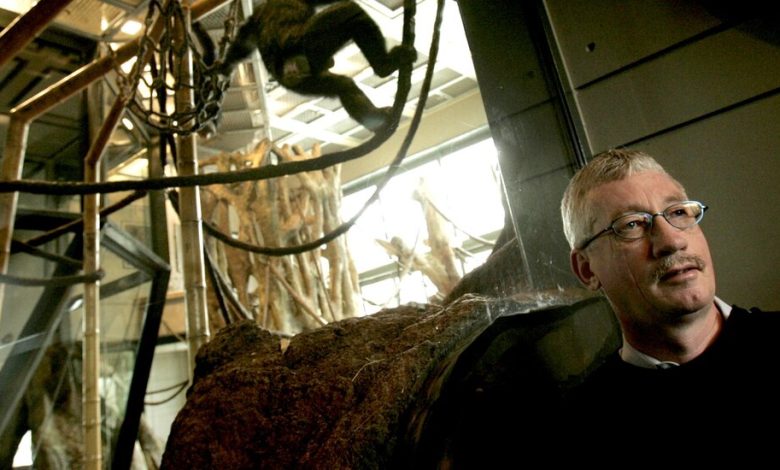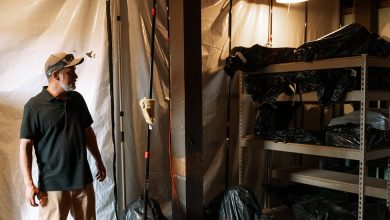Frans de Waal, Who Found the Origins of Morality in Apes, Dies at 75

Frans de Waal, who used his study of the inner lives of animals to build a powerful case that apes think, feel, strategize, pass down culture and act on moral sentiments — and that humans are not quite as special as many of us like to think — died on Thursday at his home in Stone Mountain, Ga. He was 75.
The cause was stomach cancer, his wife, Catherine Marin, said.
A psychologist at Emory University in Atlanta and a research scientist at the school’s Yerkes National Primate Research Center, Professor de Waal objected to the common usage of the word “instinct.” He saw the behavior of all sentient creatures, from crows to persons, existing on the same broad continuum of evolutionary adaptation.
“Uniquely human emotions don’t exist,” he argued in a 2019 New York Times guest essay. “Like organs, the emotions evolved over millions of years to serve essential functions.”
The ambition and clarity of his thought, his skills as a storyteller and his prolific output made him an exceptionally popular figure for a primatologist — or a serious scientist of any kind. Two of his books, “Are We Smart Enough to Know How Smart Animals Are?” (2016) and “Mama’s Last Hug: Animal Emotions and What They Tell Us About Ourselves” (2019), were best sellers. In the mid-1990s, when he was speaker of the House, Newt Gingrich put Professor de Waal’s first book, “Chimpanzee Politics” (1982), on a reading list for Republican House freshmen.
The novelists Claire Messud and Sigrid Nunez both told The New York Times that they liked his writing. The actress Isabella Rossellini hosted a talk with him in Brooklyn last year. Major philosophers like Christine Korsgaard and Peter Singer wrote long, considered responses to his ideas.
Professor de Waal’s influence was such that The Times credited his work with unleashing “a torrent of discussion about animal sexuality” and helping to popularize the term “alpha male,” though neither of those accomplishments had much to do with the core of his thought.





